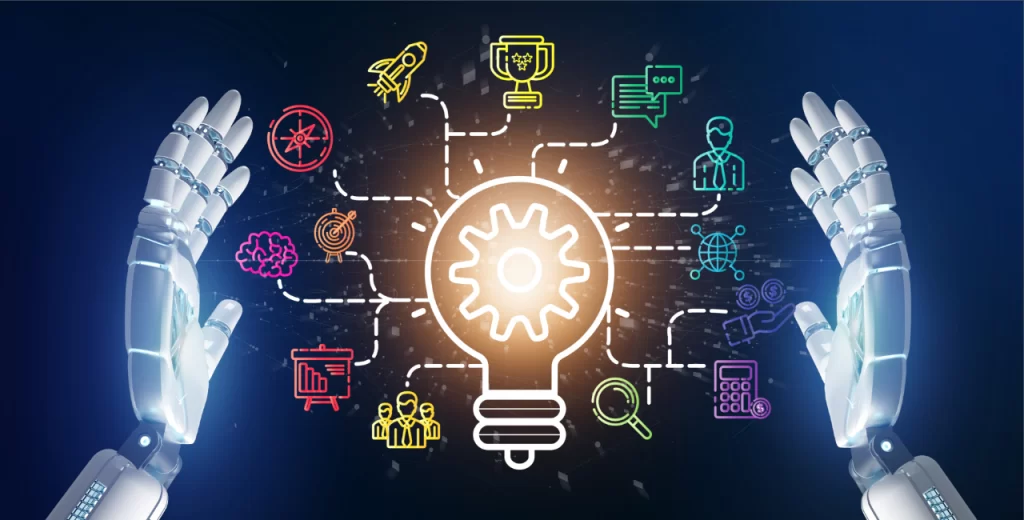
Artificial intelligence (AI) has been around since the early days of computing. It’s used to make computers smarter, more efficient and better at performing certain tasks. But as AI continues to evolve, it could have a much bigger impact on industries than ever before. How artificial intelligence is evolving and revolutionizing industries
The impact of artificial intelligence on business: What are the potential implications?
The impact of artificial intelligence on business has been a topic of discussion for several years now. With the rise of technology, businesses are turning towards artificial intelligence to transform their operations and increase efficiency. Prutor AI is one such example that offers an intelligent learning platform for students, educators, and professionals.
The potential implications of artificial intelligence on businesses are vast. The use of AI in workflow automation can help organizations streamline processes and reduce costs associated with manual labor. Additionally, AI can be used to analyze data more efficiently, providing valuable insights into consumer behavior and market trends.
However, there are also concerns regarding the ethical implications of using AI in business operations. As machines become more intelligent, there is a possibility that they could replace human jobs altogether. It is crucial for companies to consider these factors while implementing or adopting AI technologies in their business model. Overall, with proper regulation and ethical considerations in place, the integration of artificial intelligence can significantly benefit businesses across various industries.
The future of AI in business: How does it impact every industry?
Artificial intelligence (AI) has already started to impact several industries, and it is expected to revolutionize them in the future. In healthcare, AI-powered tools can help diagnose diseases more accurately and quickly, allowing for faster interventions and better outcomes. In retail, AI can personalize shopping experiences for customers by analyzing their preferences and purchase history.
The finance industry is also seeing significant changes due to AI technology. Banks are using chatbots to provide customer service 24/7 without the need for human intervention. Additionally, investment firms are using machine learning algorithms to analyze market trends and make better investment decisions.
In manufacturing, AI technology is being used to optimize production processes by identifying areas of improvement and reducing waste. It can also improve safety by detecting potential hazards before they become a threat. As AI continues to advance, it will bring tremendous benefits across all industries by improving efficiency, productivity, safety, and overall performance.
The future of artificial intelligence in society: What will be the ultimate consequences?
Artificial intelligence (AI) has already begun to revolutionize society in countless ways, from improving healthcare and transportation to enabling personalized marketing and smart home devices. But what are the long-term consequences of this rapidly advancing technology?
One potential consequence is job displacement, as AI is capable of performing tasks that were previously done by humans. This could lead to widespread unemployment and a need for retraining programs to help workers adapt to new fields.
Another consequence is privacy concerns, as AI algorithms collect vast amounts of data on individuals’ personal lives and behaviors. Without proper regulations in place, this data could be misused or sold for profit without individuals’ consent.
However, it’s also possible that AI will ultimately lead to a more efficient and prosperous society, with increased productivity and innovation driven by intelligent machines. Only time will tell what the ultimate consequences of artificial intelligence will be on society.
